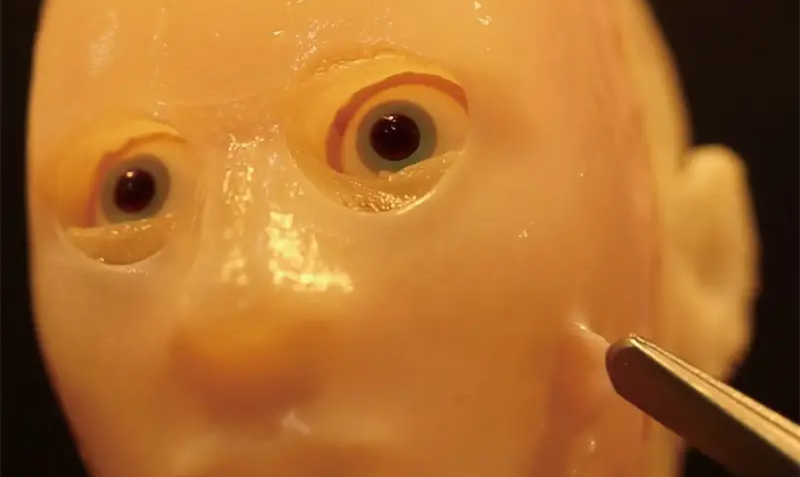Microplastics have been detected in human testicles, with researchers suggesting a potential link to declining sperm counts in men. Scientists tested 23 human testes and 47 testes from pet dogs, finding microplastic pollution in all samples.
This article was originally published by Inside Paper.
The human testes were preserved, so their sperm counts couldn’t be measured. However, in dogs, sperm counts were lower in samples with higher PVC contamination. This shows a correlation, but more research is necessary to determine if microplastics cause decreased sperm counts.
Men’s sperm counts have been decreasing for decades, with chemical pollution, such as pesticides, identified as a factor by many studies. Microplastics have also been found in human blood, placentas, and breast milk, indicating widespread bodily contamination. The health impacts are still unknown, but lab studies have shown microplastics can harm human cells.
Plastic waste is extensively dumped in the environment, leading to global microplastic pollution, from Mount Everest to deep oceans. People ingest these particles through food, water, and air. These particles could lodge in tissues and cause inflammation or harm through chemicals in the plastics. In March, doctors warned of potentially life-threatening effects after finding a significantly increased risk of stroke, heart attack, and early death in people with microplastic-contaminated blood vessels.
“At the beginning, I doubted whether microplastics could penetrate the reproductive system,” said Prof Xiaozhong Yu, at the University of New Mexico in the US. “When I first received the results for dogs I was surprised. I was even more surprised when I received the results for humans.”
The testes analyzed were from postmortems conducted in 2016, with the men aged between 16 and 88 at death. “The impact on the younger generation might be more concerning” now that there is more plastic than ever in the environment, Yu said.
The study, published in the journal Toxicological Sciences, involved dissolving tissue samples and analyzing the remaining plastic. The dog testes were obtained from veterinary neutering operations.
The human testes had nearly three times the plastic concentration of the dog testes: 330 micrograms per gram of tissue compared to 123 micrograms. Polyethylene, used in plastic bags and bottles, was the most common microplastic found, followed by PVC.
“PVC can release a lot of chemicals that interfere with spermatogenesis and it contains chemicals that cause endocrine disruption,” Yu said. The human testes had been collected by the New Mexico Office of the Medical Investigator and were available after a seven-year storage requirement, after which the samples are typically discarded.
A smaller study in China in 2023 also found microplastics in six human testes and 30 semen samples. Recent studies in mice have shown that microplastics reduce sperm count and cause abnormalities and hormone disruptions.





